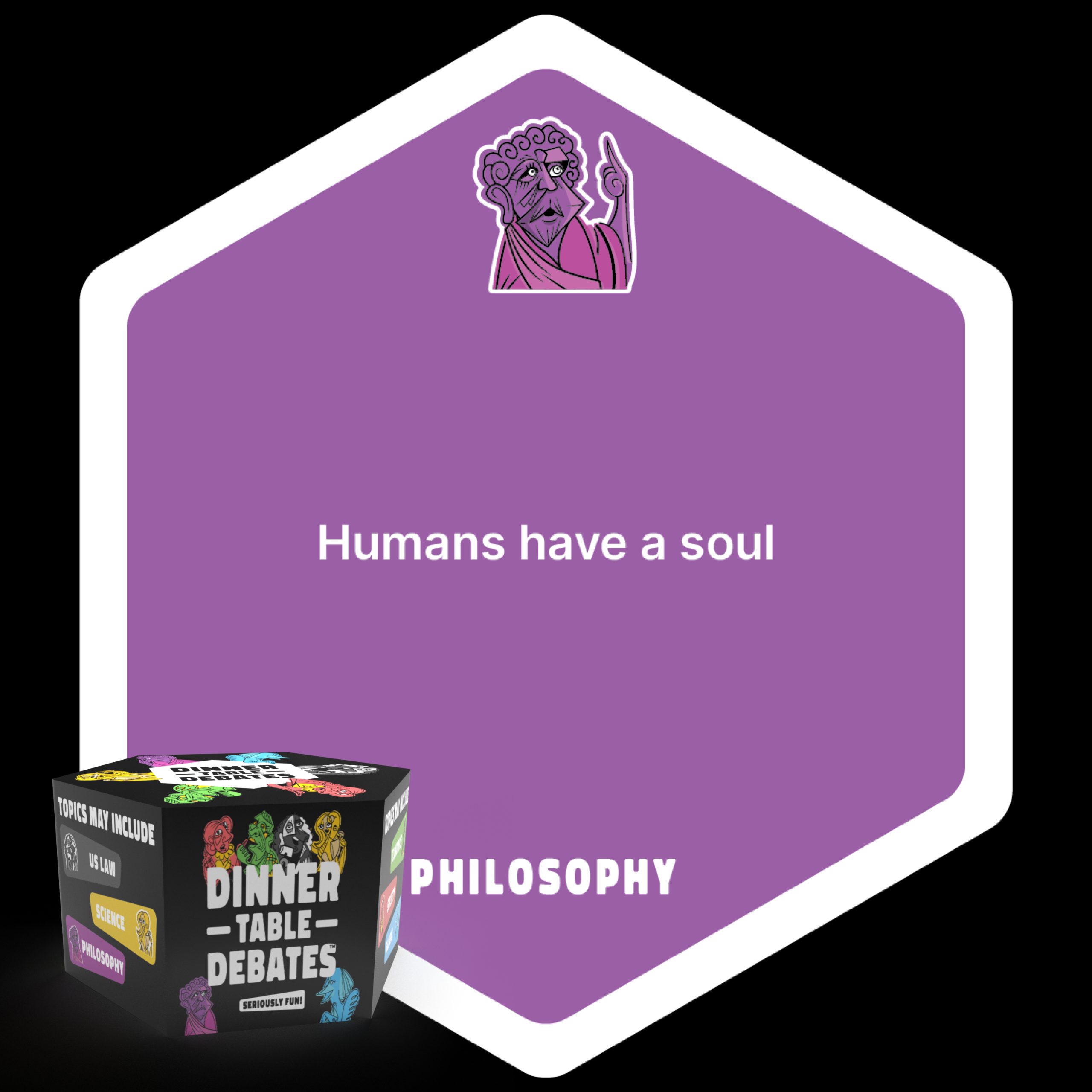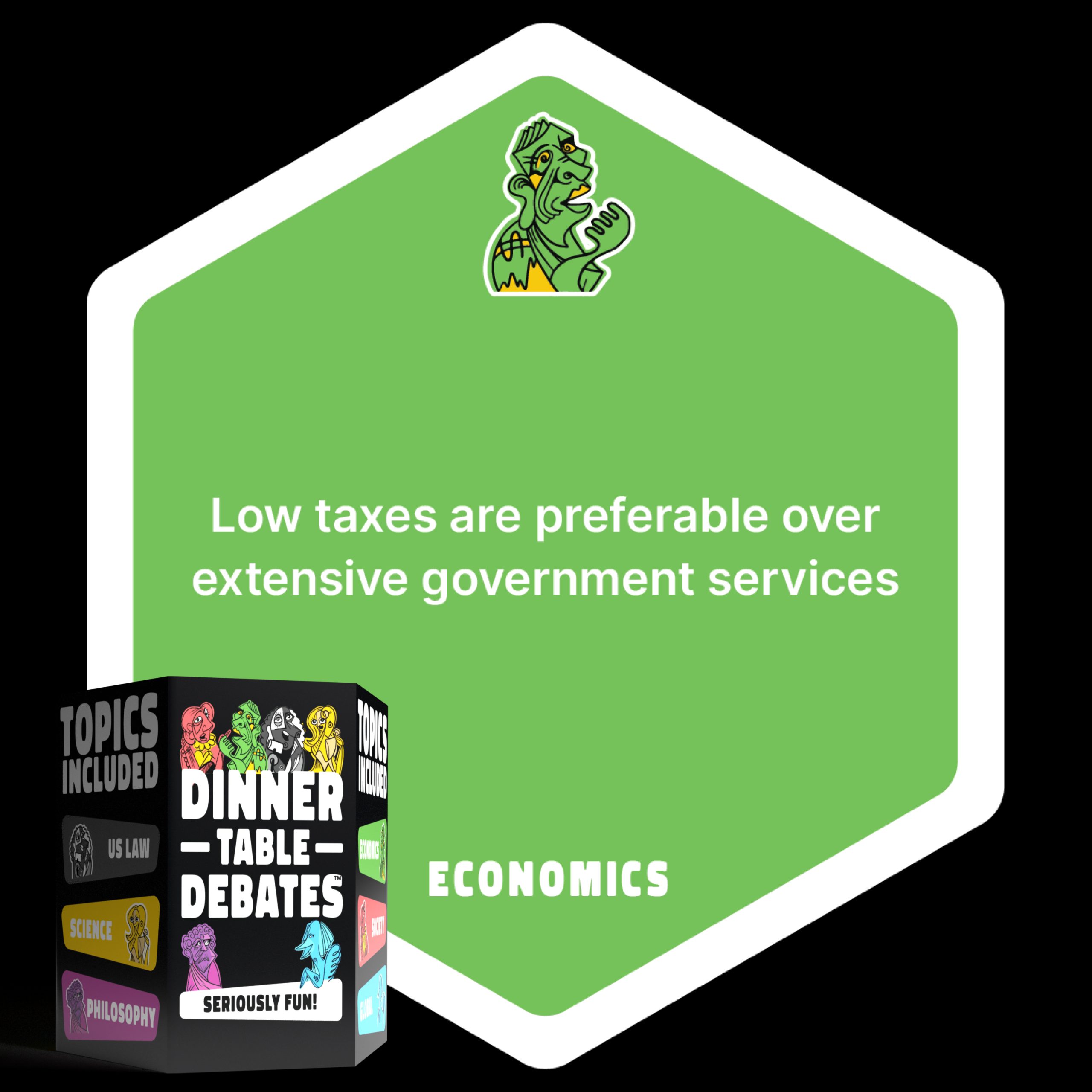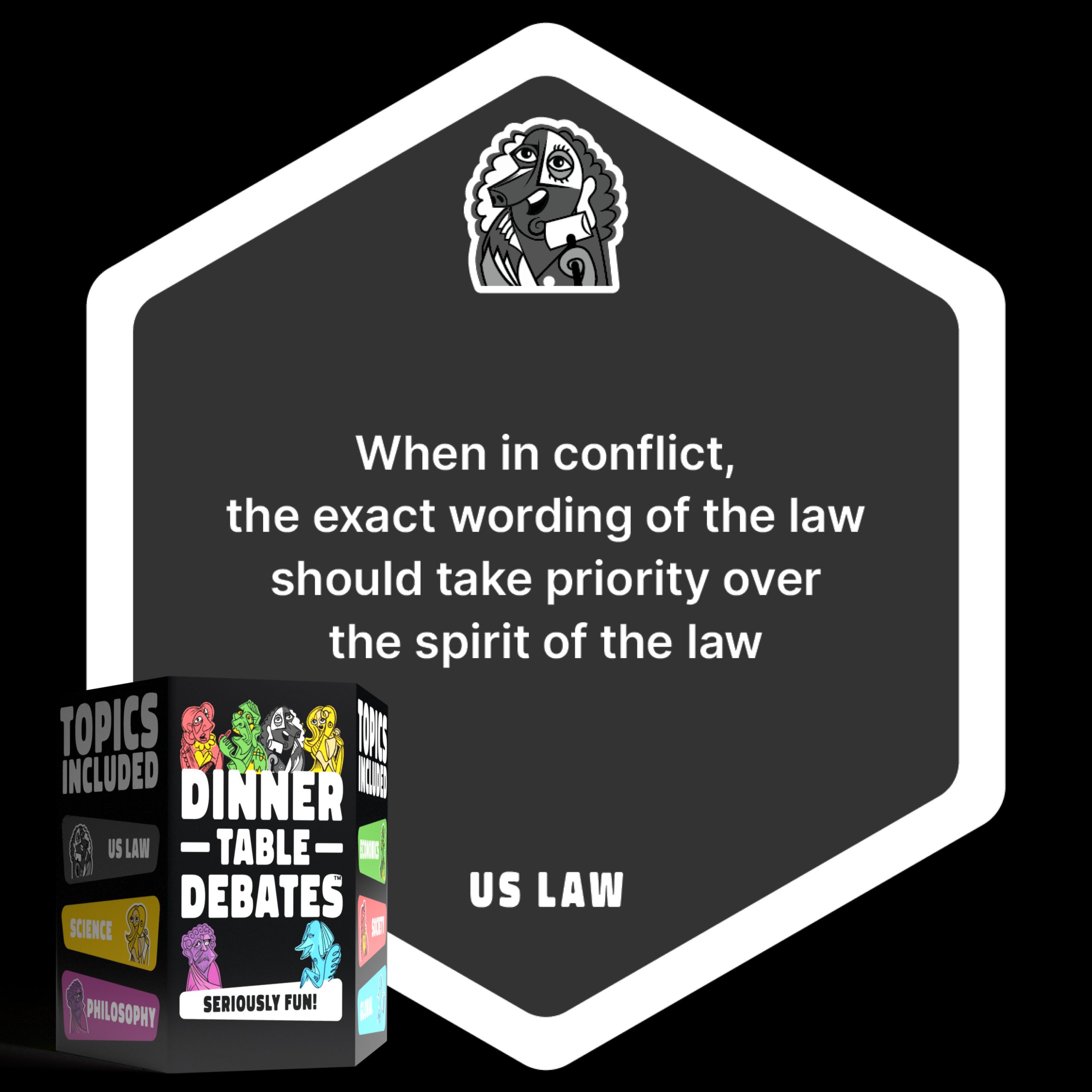Is music the true language of the soul, or are podcasts the perfect way to fill your mind on the go? Today, we're diving into the ultimate audio battle: Music versus Podcasts. Put on your headphones, get ready to rock—or talk—and let’s explore this soundwave showdown!
Welcome to your Dinner Table Debates Daily Deep Dive, where we explore real topics from our decks and give you everything you need to debate, in under 10 minutes. Today's topic is 'Music is better than podcasts,' and it comes from the Pop Culture category in our collab deck with The Conversationalist. Let's dig in.
For centuries, music has been a universal language, connecting people across cultures and eras. From the rhythms of tribal drums to the symphonies of Mozart, music has always been a fundamental part of human experience. Enter the 21st century, and podcasts have risen as a new form of entertainment and education, changin the way we share stories, learn, and engage with the world. This debate pits the timeless art of music against the modern world of podcasts. As Friedrich Nietzsche once said, "Without music, life would be a mistake." But would it be any less complete without podcasts?
This debate matters because it touches on how we spend our most precious resource—our time. With so much content available at our fingertips, choosing between music and podcasts can shape our daily routines, our moods, and even our intellect. Both forms of audio entertainment have a profound impact on our lives, influencing everything from mental health to productivity. Understanding their roles helps us appreciate the ways we connect with the world around us and with each other.
Agree (Music is Better) – 3 Points:
Disagree (Podcasts are Better) – 3 Points:
Rebuttals:
So, is music truly better than podcasts? Both offer unique benefits that cater to different needs. Music connects us emotionally, transcends cultural barriers, and even offers health benefits. On the other hand, podcasts educate, provide new perspectives, and create a sense of community. Ultimately, the choice between music and podcasts depends on what you’re looking for—whether it’s to feel, learn, or connect.
Topic Extensions:
Eager to dive deeper into this topic? When you’re playing Dinner Table Debates at home, the Agree side has the opportunity to define the terms and shape the direction of the debate. This gives them the power to set the tone, context, and perspective, ensuring each discussion is engaging and thought-provoking. If you’re tackling the statement “Music is better than podcasts,” here are a few creative ways Agree might guide the conversation:
Music is better than podcasts for emotional experiences: Can music evoke stronger emotions and memories compared to spoken content? Is there something about the rhythm and melody of music that makes it a better tool for relaxation, motivation, or even therapy?
Music is better than podcasts for creative inspiration: Does music spark more creativity and imagination compared to listening to people talk? Could it be argued that the abstract nature of music encourages more personal interpretation and innovation? Or is learning…
Music is better than podcasts for self-expression: Does music have a universal quality that allows people from all cultures and backgrounds to enjoy it and create it? Or are podcasts considered more accessible and easy to create, leading to more opportunities for self-expression?
To narrow this debate, consider discussing specific genres or formats. How do instrumental music and narrative podcasts compare? Or perhaps the impact of music versus podcasts on productivity and focus—what's better for work or study environments?
If you enjoyed our deep dive, you can debate this topic and many others by getting your own Dinner Table Debates deck at DinnerTableDebates.com. It's a unique game because every round starts with randomly assigning agree or disagree, then you pick the topic, meaning that you might be debating for something you disagree with or vice versa. But that's the point! Stretch your brain, gain clarity, improve critical thinking and empathy, and have fun doing it! You can also join the debate on our Instagram and TikTok account. Get ready for some thought-provoking discussions that will challenge your assumptions and broaden your understanding of the world around you! Happy debating and remember everyone is always welcome at the table.

Do you ever catch yourself staring into the mirror, pondering life’s big questions? Like, why do I sometimes feel an existential void after binge-watching...

Every year at tax time, you’re probably hoping to get a refund or may have a tax bill to pay, but how does paying...

Is there a place that feels like home to you—a place where your culture, values, and experiences are truly understood? What if that place...